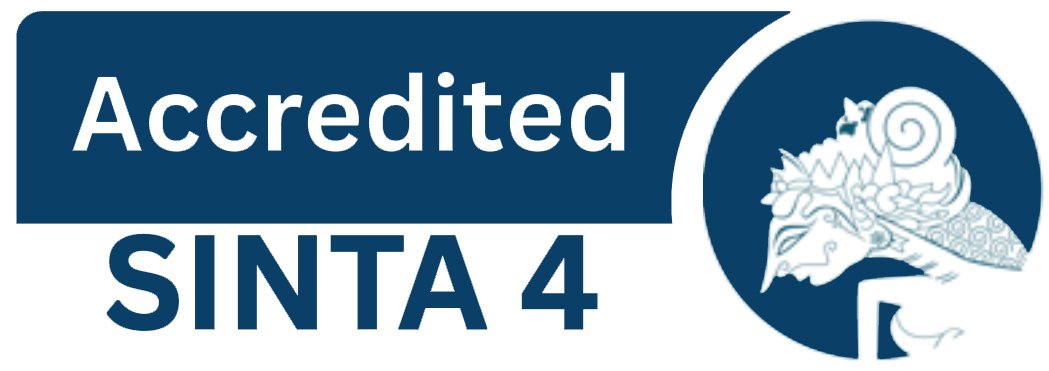CONTEXTUAL TEACHING AND LEARNING APPROACH TO IMPROVE ACTIVITIES AND STUDENT LEARNING RESULTS IN MATH LEARNING OF ANGLE MATERIAL IN 4TH GRADE AT SDN 104 LANGENSARI-SENANGGALIH KECAMATAN COBLONG BANDUNG CITY
DOI:
https://doi.org/10.22460/collase.v1i4.2280Keywords:
Contextual Teaching and Learning, Math, Angle.Abstract
This research is motivated by the condition of students in elementary schools studied, namely the low student learning outcomes and the lack of student activity in participating in learning. The results of observations made before the study showed that students could not apply the concept in solving everyday mathematical problems. Besides that, learning is often independent of reallife contexts.
Based on the above, the researcher tried to apply the Contextual Teaching and Learning approach in angular learning. This research was carried out aimed at knowing the description of student learning activities and how student learning outcomes in learning the concept of angles through the Contextual Teaching and Learning approach. This classroom action research consists of three cycles. Each cycle consists of one learning action. Every action is carried out starting from planning, action, observation and interview, action analysis and reflection. The object of the study was students at 4th grade in SDN 104 Langensari-Senanggalih Kecamatan Coblong Bandung City. The average scores of student activity in each cycle is: cycle I reached 73.2; cycle II reaches 76.6; and cycle III reaches 81.3. These results show that student activities during learning is increasing so that in the final action, learning activities more dominated by students. While the average scores of student learning outcomes in each cycle is: cycle I reached 68.4; cycle II reaches 73.3; and cycle III reaches 76.8. These results show that students have understood the concept of angles and have the ability to apply concepts in solving problems in daily live. Therefore can be concluded that Contextual Teaching and Learning approach in angle learning can improve student learning outcomes.
References
Arikunto. (2006). Prosedur Penelitian Suatu Pendekatan Praktik. Jakarta: PT Rineka Cipta.
Dahar, R.W. (1996). Teori-teori Belajar. Jakarta: Erlangga.
Depdiknas. (2003). Undang-undang RI No.20 tahun 2003.tentang sistem pendidikan nasional. Jakarta : Depdiknas
Lie, A. (2007). Kooperatif Learning (Mempraktikkan Cooperative Learning di Ruang-ruang Kelas). Jakarta: Grasindo.
Nurhadi. (2003). Pendekatan Kontekstual (Contextual Teaching Learninng). Jakarta: Depdiknas.
Priatna, D. dkk. (2004). Modul Pendidikan Matematika II. Bandung: UPI Kampus Cibiru.
Suherman, dkk. (2001) Strategi Pembelajaran Matematika Kontemporer. Bandung: JICA- Universitas Pendidikan Indonesia.
Sutardi dan Sudirjo. (2007). Pembaharuan Dalam PBM di SD. Bandung: UPI Press.
Suwangsih dan Tiurlina. (2006). Model Pembelajaran Matematika. Bandung: UPI press.
Wiriaatmadja, R. (2008). Metode Penelitian Tindakan Kelas. Bandung: PT Remaja Rosdakarya.



